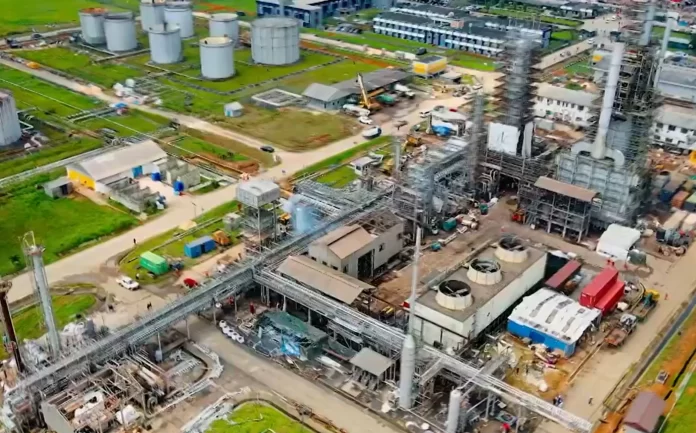For obvious reasons, the petroleum sub-sector of the nation’s economy has of recent been in the front burner of national discourse. Besides being the nation’s topmost revenue earner, domestic consumption of petroleum products is enormous.
Prior to the removal of subsidy, the average daily petrol consumption was 66.9 million litres dropping to 48.43 million litres as at April in response to the new regime. It is not certain if that figure has shifted significantly since then.
Disturbingly, the nation has been grappling with sundry domestic consumption issues amid shortages and hike in fuel price per litre despite government’s removal of subsidy which was expected would enable marketers make products available and sell at market value.
Not even the much celebrated entry of Dangote Refinery has seen remarkable difference in our domestic supply chain. Perhaps the refinery needs more time and enough government support to pull up better strings. Other stakeholders believe another competitor is imperative in order to put Dangote on its toes. After the initial hitches relating to crude oil supply from the government, that was soon to be resolved as Dangote received the support of the National Assembly and various stakeholders.
It is not debatable that Dangote is a private concern and therefore must run as a profit-making venture. However, given our peculiar situation at the moment, its management should reflect the mood of the nation by making modest profit from its domestic sales, more so, that they have been given some ‘preference’ as it was later understood.
Indeed, the continuous gap in petroleum products supply domestically has further heightened calls for the concessions of the nation’s four moribund refineries.
While the Federal Government has said many times that full deregulation of petroleum sector is placed in order to align with international market realities it is uncertain if that is totally in place.
No doubt fixed pricing has led to product scarcity, substandard quality, and market inefficiencies.
Concessions may just be the way out. It is worrisome that Port Harcourt refinery which has been under turn-around maintenance has reportedly failed the seventh production deadline. The competence of the contractors may just be in doubt given these obvious failed deadlines.
We believe just like some other experts that private sector participants in the refineries would not allow so much time lags before recouping their investment.





